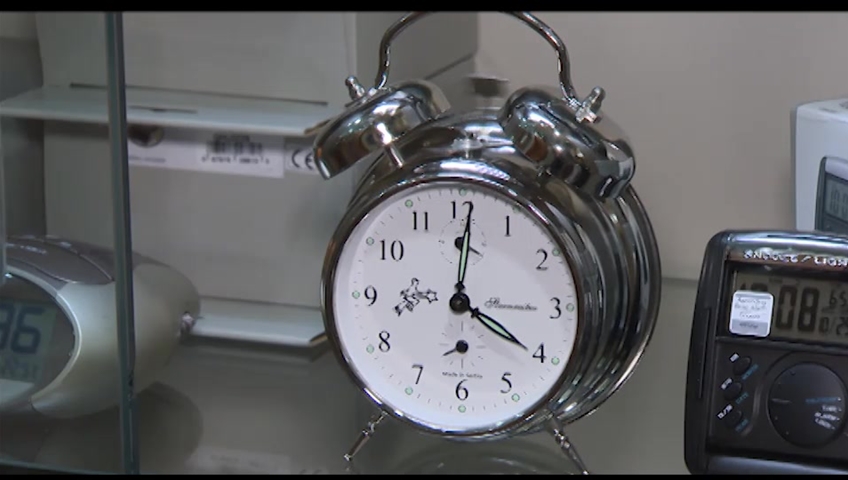British Columbia will be introducing legislation this fall to get rid of seasonal time changes.

But Premier John Horgan would not commit to finalizing the change to “spring forward” time until having a conversation with colleagues south of the border.
Horgan met with Yukon Premier Sandy Silver on Monday and the issue of Daylight Saving Time was on the agenda. The two premiers agreed to work together to before putting the time issue behind them.
“Our cabinet will review these issues and we have a legislative session starting soon so I expect we’ll have legislation in the weeks ahead,” Horgan said.
“I believe that the West Coast moves in lockstep. We’re better off than if we do it piecemeal.”
A permanent change to B.C.’s timekeeping was supported by 93 per cent of British Columbians who responded to the largest public consultation in the province’s history. A slim majority, 54 per cent of respondents, said they only want the change to come into effect once the three western states do it.
WATCH (aired September 9, 2019): Huge majority of British Columbians want Daylight Saving Time permanent

Horgan is set to meet later this week with Washington governor Jay Inslee and Oregon governor Kate Brown.

Get daily National news
Washington, Oregon and California are all in favour of getting rid of switching the clocks twice a year. But there are some hurdles south of the border.
According to media reports out of California, state congressman Kansen Chu has dropped his bid to get California on the spring-forward schedule year-round. This, following a referendum where a majority of residents supported the measure. Chu has promised to revisit the issue again, but could consider a switch to permanent standard time instead.
The other challenge is getting the U.S. Congress to vote. Unlike Canada, U.S. states must have congressional approval in Washington to make any time changes.
WATCH (aired March 7, 2019): Daylight Saving Time debate starts again

“I think you’d be living under a rock if you didn’t think there are other issues going on in Washington D.C. right now that might supersede Daylight Saving Time,” Horgan joked.
“So I’m going to talk to the governors later this week and I’m going to get back to Premier Silver by Friday with a sense of what’s happening in the States.”
A majority of British Columbians are set to fall back, moving the clocks back an hour, on Sunday, Nov. 3. Horgan has promised clarity around the issue before then.
There are areas in the East Kootenays and Northeast part of the province in the Mountain Time Zone and residents there stay on Daylight Saving Time year-round.
Yukon is also seeking out Alberta’s guidance on the issue.
“I’m very interested to see what Premier Kenney’s point of view is on this as well. But again, I think it’s more important for us to take a look at a western consideration of this,” Silver said.
“If we are flying out, or our medivac out or even our education system, we are so closely linked to what British Columbia does. I am also going to reach out to Alaska as well.”








Comments